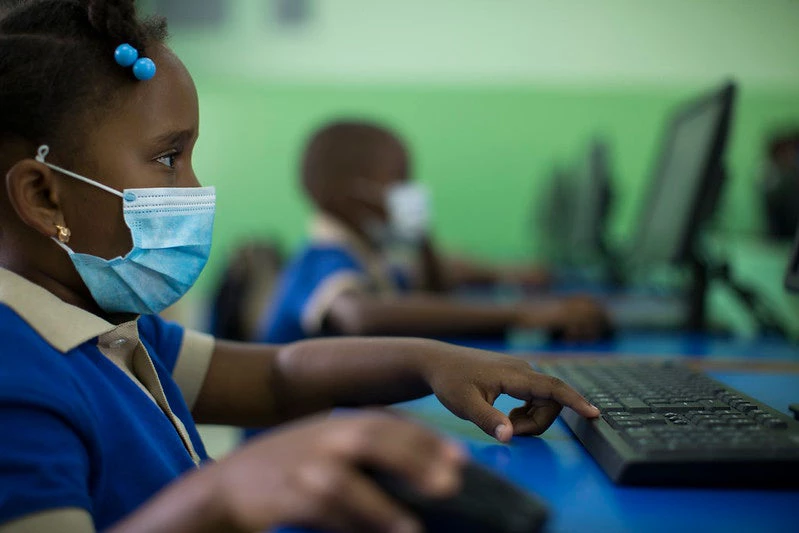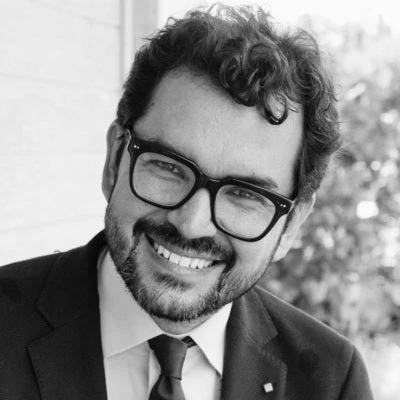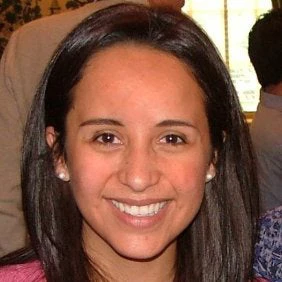 Una niña trabaja con una computadora en la Nueva Escuela Salomé Ureña, en el barrio de Capotillo, en la ciudad de Santo Domingo, en la República Dominicana. Foto: Orlando Barría
Una niña trabaja con una computadora en la Nueva Escuela Salomé Ureña, en el barrio de Capotillo, en la ciudad de Santo Domingo, en la República Dominicana. Foto: Orlando Barría
“You can´t improve what you don´t measure.” This phrase attributed to Peter F Drucker, considered the father of modern management, came to mind when we began working in the Dominican Republic and learning about their experience with student evaluations.
The country embarked on a reform to realign assessments to a new curriculum reality, guide changes, and provide feedback to the system with relevant information on learning. The progress in the implementation of the country's roadmap is admirable. The work continues even though some challenges remain (such as understanding and using the results for decision-making at all levels of the education system).
How to make learning assessment systems support learning improvement?
Many countries want to reform their learning assessment systems, especially in a post-pandemic context, to better measure the progress of their programs and initiatives . It is clear to them that the economic and social development of their countries depends on all their children and youth developing the relevant competencies to be active citizens and contribute to economic and social well-being. To achieve this, it is essential to assess and monitor all students’ learning and use this information for improvement, supporting teachers in improving their pedagogical practices.
The question is how to do it? And to answer it, additional questions are necessary: What kind of reforms are needed? How can they be implemented? What should be the purposes and expected use of the assessments? What grades and disciplines should be assessed? How often? How much does it cost? What institutional arrangements are needed? The answers to these questions vary according to the country's technical capacity, the assessment system's maturity, and the resources required for learning assessment.
The Dominican Republic offers essential lessons in introducing reforms to its learning assessment and monitoring systems, with a long-term approach and a clear focus on support for learning.
Defining a roadmap is crucial. Like other countries, the Dominican Republic did not start from scratch. Before initiating the reforms, the country already had experience implementing learning tests and the institutional framework that oversaw: (a) certification exams at the end of primary and secondary education, (b) national sample assessments for monitoring purposes, and (c) international assessments.
In the Dominican Republic, there was a significant social and political consensus ("National Pact for Education Reform 2014-2030") on the need to reform the education system in general, including the learning assessment and monitoring system. The next step was to develop a roadmap to advance its implementation. To this end, the “2015-2030 Strategic Plan for the Development of the Dominican Republic's National System for External Assessment of Learning Achievement” was developed with support from the World Bank and other national and international partners. This plan stems from a broad national consultation that includes the Ministry of Education, universities, non-governmental organizations, teachers and school principals, student councils, parents' associations, and regional and district directors and technicians. The plan identifies goals and challenges and proposes recommendations to improve the evaluation system within financial, information use, and implementation capacity parameters.
Significant progress is made when there is a vision and an implementation roadmap.
Among the results achieved from implementing this plan, several stand out. One of the significant challenges facing the country was to modernize the education system, to align the tests to the curricular reforms, including a strategic decision to modify tests with consequences for the students (which only penalize the student), and to evaluate in earlier grades. Thus, the Dominican Republic abolished the Basic Education Certification Exam (in 8th grade), considering the modification made in its educational levels (primary education of 6 grades and secondary education of 6 grades, each divided into three-year cycles).
Instead, the country introduced National Diagnostic Assessments in a census-based manner and based on the competency-based curriculum. Considering the financial parameters and the capacity of the system to implement, publicize and use the information, it was decided to conduct the tests in 3rd, and 6th grade of primary, and 3rd grade of secondary, administering only one of them each year (this in order not to over saturate the system and considering the capacity to implement and use the information for improvement). Thus, these were conducted for the first time in the 3rd primary grade in 2017, the 6th primary grade in 2018, and the 3rd secondary grade in 2019.
The results were disseminated in all schools, where the "pedagogical groups" were used as a space for discussion about improvement actions to be taken. Meetings were also held with universities to influence teacher training, and the information has also served to encourage education research, since these tests include questionnaires on factors associated with families, teachers, and students.
Another achievement of this reform was the consolidation of the Dominican Republic's participation in international assessments, including the ICCS 2016 civic education study; PISA 2015, 2018, and 2022; and the ERCE 2019 regional assessments.
But the best is yet to come. The Ministry is working on introducing national formative assessments that teachers and parents can use to monitor children's learning. The pandemic made it clear that: national and international assessments are impossible to administer in the event of school closures; the schools lack of flexibility to decide when and how to administer them, and there are no immediate results to take urgent action to support learning. The health crisis opened a window of opportunity to strengthen the system by incorporating formative tests.
Despite all these successes, some challenges remain. These include continuing to improve the use, understanding, and policy adjustments that should be made in teacher training institutes and targeting technical resources and support to schools that have more opportunities for improvement. It is necessary to continue deepening the pedagogy and evaluation model to create virtuous links between what is measured and what is done to accelerate student learning and competency acquisition.
Introducing reforms in learning assessment systems is not easy. All countries face difficulties, and the Dominican Republic is no exception. However, this country shows how it is possible to introduce substantial reforms and implement them gradually when there are clear goals, political will, and a consensual roadmap for implementing the changes.
See more here.
Bank support for evaluation systems.






Join the Conversation